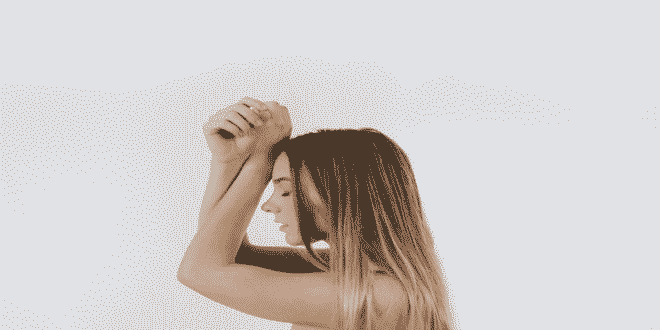By Jenn Samson Contributing Author, a passionate freelance writer, and editor
Tai chi relieves stress more effectively than intensive exercise, according to the Journalof Clinical Psychology. Tai chi is suitable for all ages and physical abilities, making it a viable option for the 80% of Americans who are stressed. Given the serious health implications chronic stress can have for our physical and mental wellbeing, it is important to identify and remove triggers of stress. We also need to find ways of effectively and naturally combating stress when it manifests itself. Tai chi offers a way of doing just that, often leaving you feeling healthier and re-energized in the process.
The mass appeal of tai chi
Adults are recommended to do at least 2 ½ hoursof exercise a week in order to maintain a good level of overall physical health. For some, motivation can be a real stumbling block when it comes to exercising regularly. Certain apps can incentivize people to exercise, offering the chance to make a bit of money in the process. However, for many people, the challenge is finding a form of exercise that appeals to them. This can often mean exercise that doesn’t feel like exercise. This is what makes tai chi so appealing: tai chi incorporates dance and meditation, making it a very subtle, accessible and enjoyable form of exercise. It also allows you to release stress in a slow, controlled manner. The sustained deep breathing, meditation and guided stretches will enable you to relax your mind and muscles, ‘reset’ your cluttered mind and tackle the rest of the working day with a renewed sense of clarity and energy.
Tai chi as a sleep inducer
Sleep is not only needed to allow our bodies to re-energize and build muscle, but it is vital for our mental wellbeing too. Sleep regulates activity within the amygdala, which is the part of the brain responsible for regulating our emotions. Stress significantly inhibits our ability to sleep, which in turn exacerbates stress. This is where tai chi can be invaluable. The meditative nature of tai chi prompts you to focus on you breathing, increasing oxygen flow around the body and helping you to relax your mind and fall asleep.
Enjoying tai chi solo and in groups
Tai chi can be practised alone or as part of a group, indoors or outside. Exercising outdoors has been shown to boost self-esteem, while studies show that people are more likely to exercise regularly in groups. The latter is probably because of the camaraderie that comes with exercising together, as well as the motivation people can give each other. On the other hand, some people prefer to exercise alone because of the opportunity to make the most of ‘me time’ and take things at their own pace. Either way, tai chi offers flexibility to suit people’s different needs and personalities.
Find time for tai chi each day
It can seem a real challenge to find enough time for yourself each day, particularly when day-to-day life feels stressful. However, just thirty minutes of tai chi each day can make all the difference to your mental wellbeing. This has a positive knock-on effect for your productivity, your overall energy levels and your sleep quality. Try to dedicate some time for some stretches and controlled breathing in the daytime, and just before you head to bed. A quiet space at these times of day can really help calm your mind and do wonders for your emotional health.
Jenn Samson is a freelance writer and editor. She used to work in PR but has been embracing the freelance life for many years now. Outside of work she enjoys cooking, hiking and traveling to Europe as much as possible.







